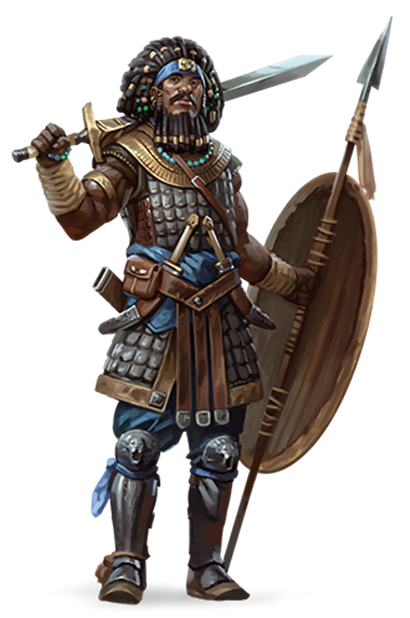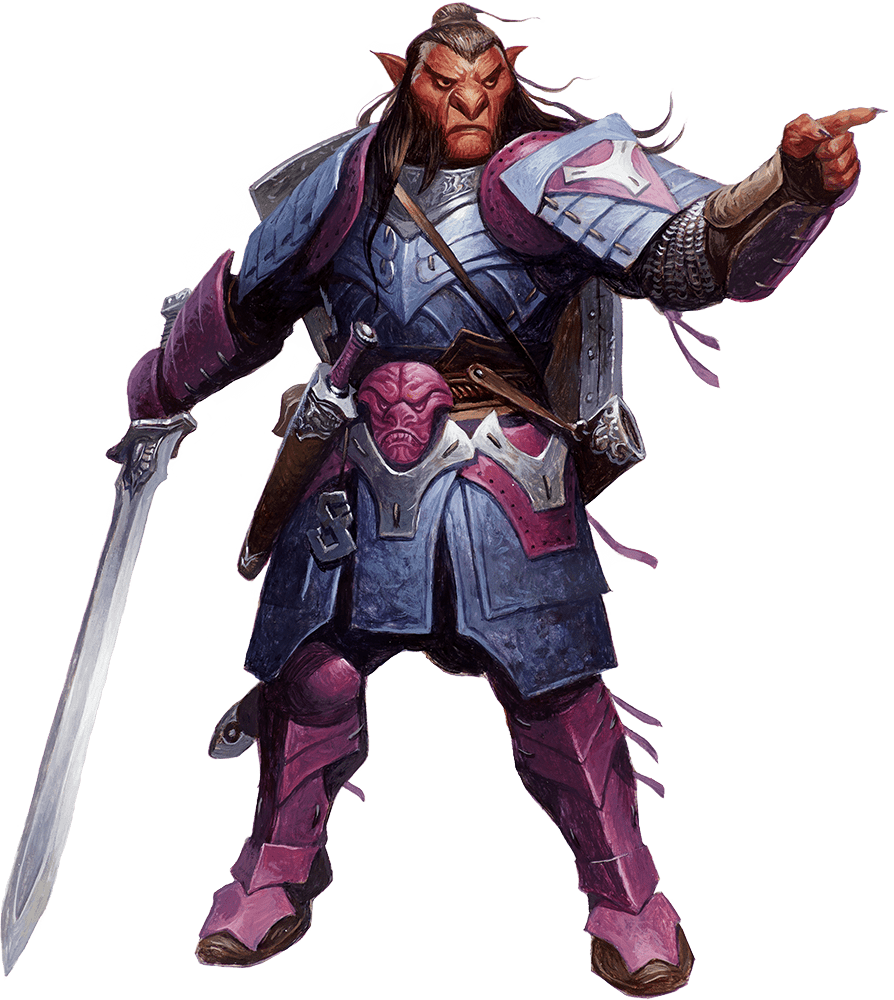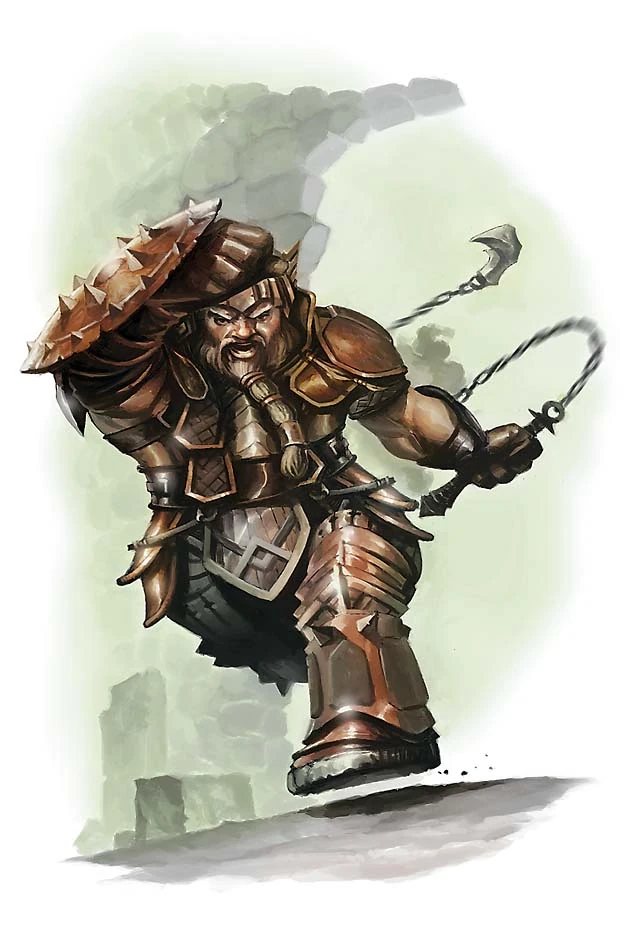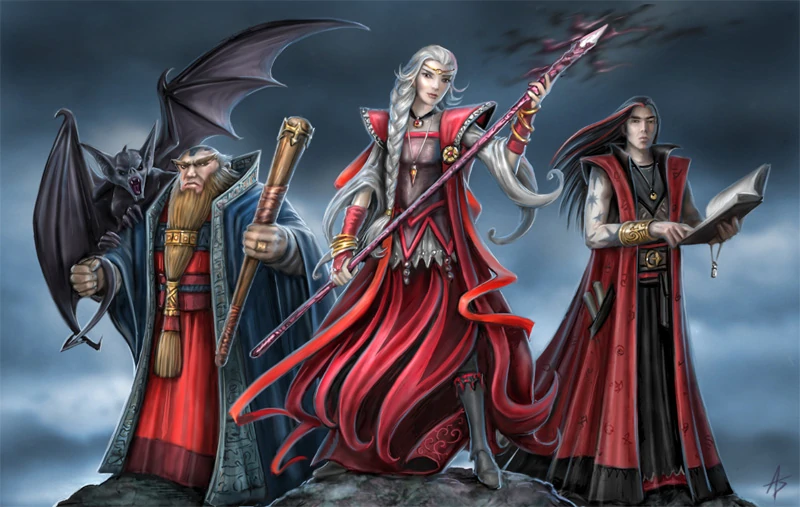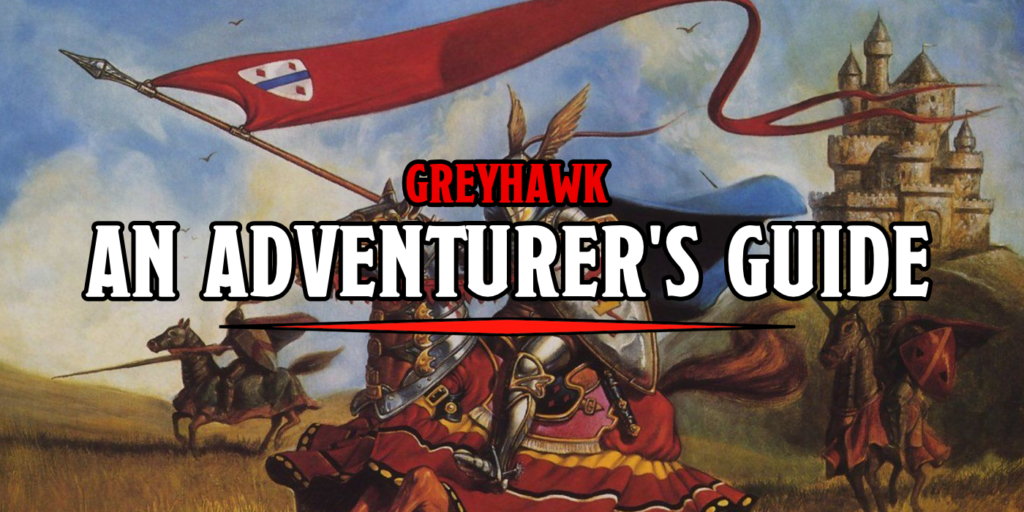D&D: The Five Best Feats You Should Take at First Level

Making a new character with a feat at level 1? Here’s a quick list of some of the best options for your new character.
You don’t have to be human (variant) anymore to get a free feat at 1st level. In fact, pretty much anyone can, thanks to the custom lineage rules in Tasha’s Cauldron of Everything, which grant any character using that option a free 1st-level feat. And this trend is only going to continue in D&D 2024, where last we saw, all characters will start out with a feat at 1st level thanks to some background rules that, let’s be honest, could use a bit of a tweak.
2024 notwithstanding, when making your character, there are some important things to keep in mind when picking out your first-level feat. Do you start with a stat-boosting feat that gives you an 18 out of the starting gate (more on this in a minute), or do you increase your combat capabilities? It all depends. But for our money, these are some of the best feats a starting character can take.
Polearm Master
This is one of the stronger feats in the game. And for good reason. But it’s particularly spicy at the lowest of levels, because it grants the characters who are most likely to use it, something they’re the least likely to have without taking it: something cool to do with their bonus actions.
Polearms are usually best in the hands of martial characters, ones who want to make a lot of attack actions, Fighters, Paladins, and Barbarians. And with some very limited exceptions—Barbarians will want to Rage at the start of important fights, and some Paladins may cast Smite spells—they don’t consistently have things to do with their bonus action. Polearm Master changes this, granting characters who use a Glaive, Halberd, Quarterstaff, or Spear the opportunity to make an extra attack as a bonus action. Often with reach.
The lower the level the better with this one.
Sentinel
Another game changer at the lowest levels. Sentinel is a feat that allows a character to become much more of a sticking point on the battlefield. When you hit a creature with an opportunity attack, its speed becomes 0. And on top of that, they provoke opportunity attacks even if they Disengage, as well as if they attack a target other than you.
Taking this feat means you can be a tanky character from the drop. You don’t have to wait four levels of watching every creature make a beeline past you for the Wizard. It’s a fantastic way to change the way your early game goes and can redefine a party dynamic for the better.
Crusher/Piercer/Slasher
If you’re a character who wants to deal melee damage, odds are good you’ll want to have one of these feats in your repertoire at some point. Especially since they grant you a +1 to Strength, Dex, or Con, depending on the feats you pick, allowing you to get a free +1 to one of those stats on top of the normal bonuses. This means you could theoretically put a +2 into a 15, making for a 17, then increase it by one for an 18 at 1st level. Which is really powerful.
But then on top of that, these feats let you deal extra effects when dealing out damage. And the earlier the better with them.
Telepathic/Telekinetic
Much like martial characters will want to grab one of the above feats for their combat, spellcasters may be interested in Telekinetic or Telepathic, both of which grant a +1 to your Intelligence, Wisdom, or Charisma, as well as abilities like telekinetically shoving an opponent (allowing you to push or pull them into the area of a spell-like Spirit Guardians, for instance), or telepathically speaking with any creature you can see within 60 feet.
And that’s on top of the spells that come with each of these.
War Caster
This feat gives spellcasters a powerful suite of abilities For one, they can cast spells while holding weapons or shields, which means that spellcasters capable of using Shields can gain that +2 AC without having to worry. For two, they can cast a spell as an opportunity attack, giving them extra damage potential. But most importantly, they gain Advantage on Concentation checks, allowing the spellcaster to keep concentrating on spells.
This is especially good out of the gate when damage is low but so is your overall saving throw. Pick up this feat and you’ll be a much more resilient caster throughout your adventuring career.
What feats do you reach for at 1st level?

